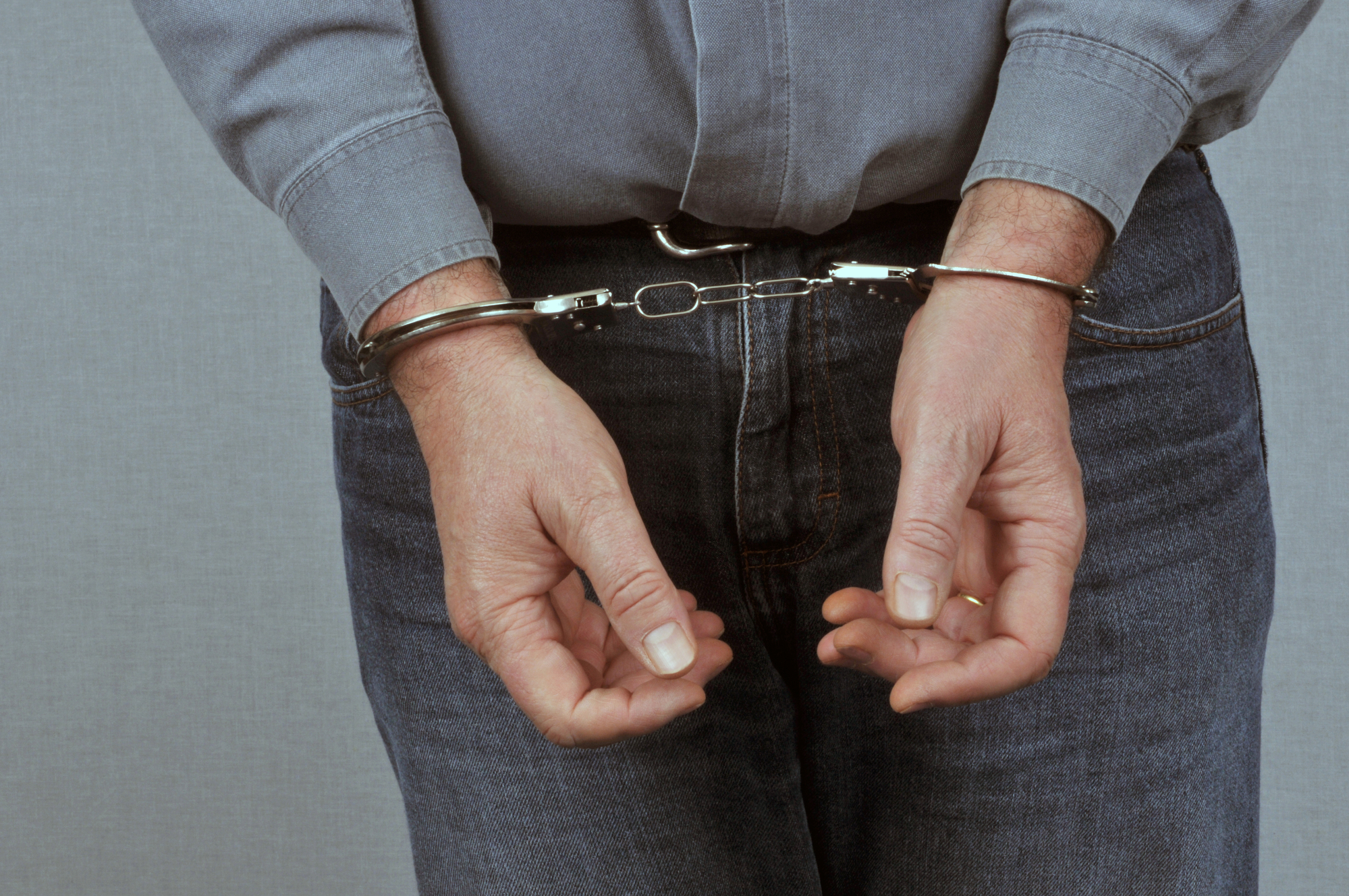If you are facing criminal charges, it can be tempting to consider a plea bargain rather than risk the chance of a more severe sentence or penalties if you go to trial. But is a plea deal really in your best interest? In this post, we’ll look at what makes up a plea deal and things you should consider before accepting any offer.
WHAT IS A PLEA DEAL?
Think of plea deals as the lubricant that keeps the legal system functioning. If every charge had to go to trial, the backlog would be insurmountable. It would mean that important trials may take years to get scheduled. To this end, Crown prosecutors are always concerned about moving cases through the justice system as efficiently as possible. Offering early plea deals are a way for the prosecution to avoid a lengthy trial that takes up time and resources.
Even the Supreme Court of Canada views plea deals as “vitally important to the well-being of our criminal justice system,” without which the justice system would “eventually collapse under its own weight.”
The Law Reform Commission of Canada defines a plea deal, or plea bargain, as “an agreement by the accused to plead guilty in return for the prosecutor’s agreeing to take or refrain from taking a particular course of action.”
There are three categories of plea bargaining:
- Charge Bargaining
- Sentence Bargaining
- Fact Bargaining
Basically, in a plea deal, an accused person may agree to plead guilty to a charge and forgo their right to be assumed innocent in a trial in exchange for a recommendation of a lesser sentence, a lesser charge, or for omitting facts that could be detrimental to your case. You plead guilty and get the benefit of reduced charges or less jail time and get some certainty into your case’s outcome.
When are Plea Deals Typically Offered?
Plea deals or resolution negotiations usually happen before an actual criminal trial is scheduled in an attempt to spare the witnesses from having to testify in court. But they can occur anytime after an accused person is charged up until the end of their trial. While they rarely occur during a trial, but can if unexpected information about the case comes to light or even during the appeals process.
WHAT TO DISCUSS WITH YOUR LAWYER WHEN CONSIDERING A PLEA DEAL
If you are considering a plea deal, be sure to consult an experienced attorney. They will have the expertise and understanding to do what is in your best interest. The prosecution is not on your side and is not required to offer advice to help you.
Your lawyer can help you determine if the plea deal is in your best interest.
Your defence lawyer can help you understand the case against you, and they will have an understanding of possible sentences you may be facing. They can also help negotiate with the prosecution and get the best deal possible, so you don’t have to accept the first offer that comes your way. Your lawyer may also know of other ways to defend your case, and they know that some plea bargains are offered because there is little evidence against you.
How does plea bargaining/negotiation work?
Typically, when negotiating a plea bargain, the prosecution will make an offer and make it seem like it is in your best interest to take the deal to avoid additional charges of a longer sentence. Your lawyer can make a counteroffer, and the two sides negotiate until an agreement is reached.
Facing criminal charges is a serious situation. If you or a loved one is facing criminal charges, you need an experienced and expert criminal lawyer on your side. Talk to a lawyer who can work for your interests. William Jaksa is an experienced criminal defence attorney with over a decade of experience defending clients in Toronto. Contact William Jaska today for a free consultation.




